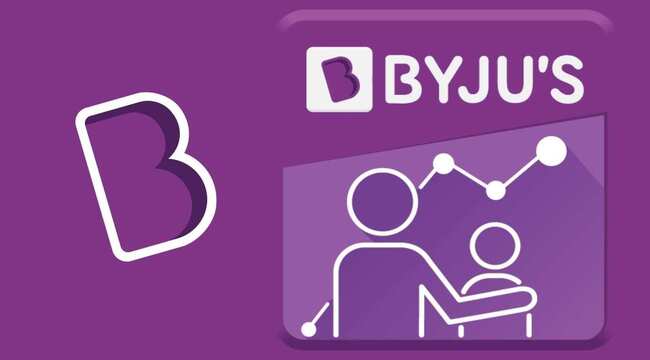By Naviya Gupta
Have you ever reluctantly settled in for a mid-afternoon study session, opened your formidable Physics textbook, and been overcome by an overwhelming sense of lethargy? I have. I have also then proceeded to plug in my headphones and lose myself in the vast and fascinating world of Spotify playlists, in the hope that the collaboration between angular momentum and Frank Ocean would be a productive one (it wasn’t). I get through three pages and discover that I haven’t comprehended a singular word.
This seemingly mundane phenomenon has an explanation rooted in one of the core tenets of human psychology – memory. We are constantly observing our environment, processing information and creating meaning, be it learning the quadratic formula or remembering the names of your neighbor’s boisterous dalmatians. Luckily, in 1974, psychologists Alan Baddeley and Graham Hitch set out to explain it all.
 They created a methodical model to explain the process of encoding and consolidation of memory, known as the Working Memory Model. This model divided the intricate processes of memory into three major components: a central executive (a sort of dictatorial leader for the brain), a phonological loop (which captures and rehearses any and all auditory stimuli, from eardrum-shattering heavy metal tracks to the piercing sound of a school recess bell), and a visuospatial sketchpad (a silent movie that runs forever, crafted exclusively by visual stimuli, wholly written, directed and produced by your brain). The phonological loop can be further divided into the phonological store and the articulatory rehearsal component. The phonological store temporarily holds auditory information, while the articulatory rehearsal component allows active rehearsal of the temporarily stored information in the phonological loop, and thus transferring information from short term memory to long-term memory.
They created a methodical model to explain the process of encoding and consolidation of memory, known as the Working Memory Model. This model divided the intricate processes of memory into three major components: a central executive (a sort of dictatorial leader for the brain), a phonological loop (which captures and rehearses any and all auditory stimuli, from eardrum-shattering heavy metal tracks to the piercing sound of a school recess bell), and a visuospatial sketchpad (a silent movie that runs forever, crafted exclusively by visual stimuli, wholly written, directed and produced by your brain). The phonological loop can be further divided into the phonological store and the articulatory rehearsal component. The phonological store temporarily holds auditory information, while the articulatory rehearsal component allows active rehearsal of the temporarily stored information in the phonological loop, and thus transferring information from short term memory to long-term memory.
Remember my attempt to understand the fundamentals of angular momentum with the sweet melodies of the Billboard’s Top 30 wafting into my ears? In 2011, psychologists Landry and Bartling had an astonishingly similar idea. They conducted a study, with the aim of seeing if interfering auditory stimuli (such as an audio and speech) would interfere with the series recall of a list of letters. The sample consisted of 34 undergraduate psychology students from the McNeese State University, randomly assigned to the experimental or the control group. In the experimental condition, participants were shown a printed list of letters for 5 seconds, and asked to repeat the numbers 1 and 2 out loud at the rate of two numbers per second for a duration of 5 seconds from their exposure to the list of letters. Then, the participants engaged in written recall, wherein they reported, as per their memory, the order of the letters in the list they were shown. In the control group, an identical procedure was followed, but the participants were not asked to repeat the numbers in the interval between presentation of the list and recall. The results showed that the accuracy and quantity of recall in the experimental group was much lower than that of the control group. These results caused the discovery of a new phenomenon- articulatory suppression.
Articulatory suppression occurs when there are two interfering auditory stimuli: in this case, it would be the list of letters seen by the participants, and the numbers 1 and 2 said out loud. Despite being visually presented, the list of letters are considered auditory stimuli because the human mind tends to process alphabetical information phonetically, and in this case most likely rehearsed the memorized list of letters in their mind by recalling their sound rather than visual appearance. Through articulatory suppression, the interfering auditory information overloads the phonological loop, preventing information from being transferred from short term to long term memory.
This seemingly straightforward experiment explained why you can’t listen to an Oscar’s acceptance speech and a podcast at the same time – or memorize the definition of angular and listen to Frank Ocean’s new album simultaneously. However, the good news is, you can still put on a podcast and do your calculus homework – math seems to evade nature’s auditory decree. And so, as the Physics test loomed closer, I traded my headphones for a thick spiral notepad, and began to handwrite notes – a method that greatly helps with transferring information from short-term memory to long-term memory storage. As you may have guessed, this, too, has a psychological explanation. But that is a story for another time.





























